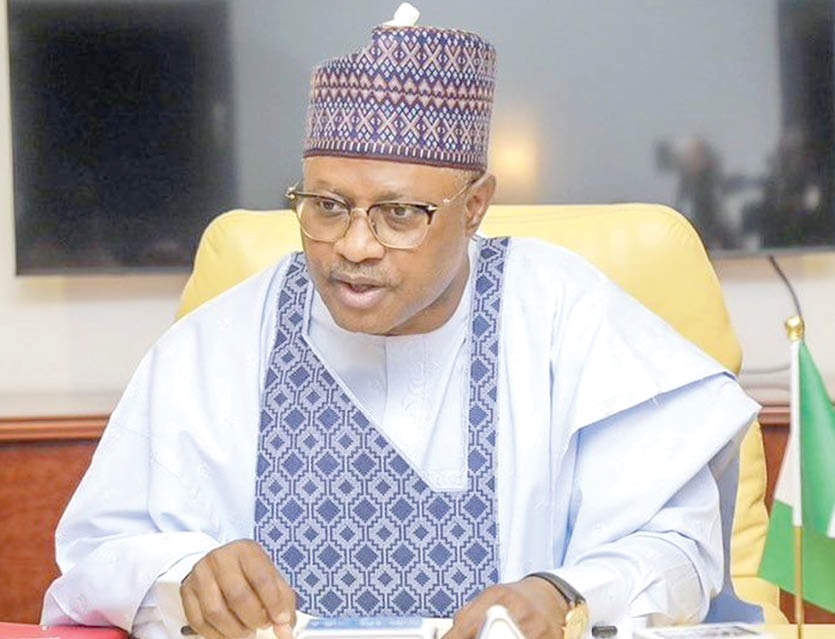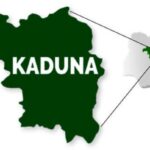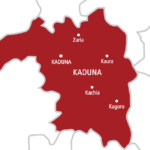The public was relieved to hear that the Kaduna State House of Assembly has initiated a committee to investigate the last administration’s loans, including the largest sub-national loan in Nigeria’s history—the $350 million World Bank loan. There is a suspicion that the inquiry might be swept under the carpet. But if it goes according to plan, the investigation will open a can of worms not just at the state level but also at the federal and international levels. In welcoming the inquiry, the former Speaker, Hon. Yusuf Zailani, has notably distanced himself, denying approving the loan during his tenure. It is expected many will join him to do so.
Since the approval of the loan on May 30, 2017, and the release of the financial agreement on September 29, 2017, the nature of the loan has remained opaque except for the details available on the World Bank website. The only information the public gets is from media statements by some selected state officials. The former Governor claimed the loan would be used to replace the 22,000 unqualified teachers in the state; his then finance commissioner, Senator Abdu Kwari, claimed the loan would be used to finance infrastructural development such as the building and rehabilitation of schools, hospitals, and roads among others. Likewise, the present Governor advocated for the approval of the loans using a similar rhetoric when he was a senator.
On the contrary, a closer look at the structure of the loan and the outcomes of its initiatives contradicts what they have been saying all along. The loan financing agreement does not specify projects directly linked to sectors like education, health, or transportation in any way. The main activities highlighted in the agreement stipulated that the loan is for ‘strengthening Kaduna State systems (that is, soft investments) rather than financing hard investments (that is, infrastructure).’ The loan was structured around 10 Disbursement Linked Indicators (DLIs) designed to track the achievement of various reforms. DLIs are specific, predefined conditions or targets set within a financial agreement like this loan from the World Bank and the disbursement of funds is directly linked to the achievement of these indicators.
The 10 DLIs for this loan are simplified business processes, property registration, investment promotion, legal framework for PPPs, agricultural investment frameworks, revenue generation, tax collection improvements, capital expenditure management, procurement effectiveness and responsive governance. On paper, these objectives look commendable. Each of these DLIs receives $35 million, representing 10 per cent of the total financing. But given the figures involved, the loan execution and real-world impact have left much to be desired.
- I won’t yield to machinations of selfish politicians –Fubara
- Assassination: Rep. Agbese denies Benue deputy speaker’s claims
The efforts to simplify business processes under the DLI have led to some improvements, but entrepreneurs still face significant bureaucratic challenges that make business operations difficult. Property registration reforms have fallen short of expectations, with the process remaining difficult for many, especially when you recall that $35 million was spent to develop this process. The Memorandums of Understanding signed under the investment promotion DLI have not translated into a marked increase in investment since its completion in December 2021, as investment has been meagre compared to the money spent on it. Likewise, the potential of public-private partnerships is yet to be realised despite the legal framework designed to attract partnerships.
In the agricultural sector, frameworks designed to boost land-intensive investments have not increased productivity or support for farmers. Ginger farmers are one of the many to raise their voices. The DLIs aimed at enhancing revenue generation and tax collection have not impacted the state’s finances, leaving it vulnerable to deductions from FAAC allocations. The DLIs to improve procurement effectiveness and foster responsive governance have also not met citizens’ expectations, with many feeling that their feedback has had little impact on governance and policy decisions. Of course, the results have come to bite the present administration.
Another core of the controversy surrounding this loan is its focus on soft investments—primarily covering recurrent expenditures for 78 per cent and capital expenditures for 22 per cent. These capital expenditures do not include any infrastructure investments. The allocation contrasts with the FRA, which mandates that borrowing should primarily support capital expenditure and human development and must ensure sustainability and tangible benefits. The structure of the loan violates the FRA directives that stipulate government borrowing should prioritise economic and social benefits backed by thorough cost-benefit analyses. This raises concerns about the legality of the condition of the loan and the oversight and approval processes that allowed it to happen.
So, it is acceptable for Uba Sani to join the public to show discontent with how the past government chose to spend $350 million on misplaced priorities to achieve reforms that could be done without borrowing. The loan would have been justified if it was for direct investments that will impact public welfare from sectors like education, health, housing, transportation, and security. The Governor also stated that the past administration ignored hard investment in 32 general hospitals and over 1500 schools—which contributed to insecurity in the state. Hard infrastructure is a critical driver of economic and social development. Without investments in physical infrastructure, the state risks stagnating in its developmental goals, contrary to the transformative wishes hyped by supporters of the loan. Therefore, the investigation of the State Assembly must be supported and followed through.

 Join Daily Trust WhatsApp Community For Quick Access To News and Happenings Around You.
Join Daily Trust WhatsApp Community For Quick Access To News and Happenings Around You.


